Key Takeaways:
- Synthetic control arms (SCAs) use external data sources to replace or supplement traditional control groups in clinical trials.
- SCAs can lower costs and accelerate timelines while ensuring robust data integrity.
- Sources of data for SCAs include historical trial data, real-world data, and other diverse datasets.
- Challenges associated with SCAs include data heterogeneity, regulatory acceptance, and potential biases.
- SCAs have been successfully implemented in trials for oncology and rare diseases with limited populations.
Synthetic control arms (SCAs) are transforming the way clinical trials are designed and conducted. Traditional trials typically assign participants to either a treatment group or a control group, such as a placebo or standard-of-care arm. However, SCAs use existing data sources to create a virtual control group, addressing ethical and logistical challenges associated with enrolling participants into control arms.
This article describes the sources, benefits, challenges, and successful applications of SCAs, highlighting their growing significance in clinical research.
What Are Synthetic Control Arms?
SCAs, also known as externally controlled trials, enable researchers to investigate outcomes without enrolling additional participants in traditional placebo or standard-of-care arms. SCAs leverage data from existing sources such as:
- Historical Clinical Trials: Aggregated data from previous studies with similar populations.
- Real-World Data (RWD): Data derived from electronic health records (EHRs), claims databases, disease registries, and other sources.
- Other Diverse Datasets: Synthesis of diverse datasets into a virtual comparator using statistical and machine learning algorithms.
Various techniques may be utilized in SCAs. Propensity score matching helps reduce bias and ensure comparability. Bayesian modeling refines predictions dynamically, while AI-driven analyses identify patterns to improve accuracy.
Benefits of Synthetic Control Arms
1. Increased Access to Active Treatment
SCAs may allow a larger portion of trial resources to be focused on participants receiving active treatment, ensuring more individuals benefit from potentially effective therapies.
2. Cost and Time Efficiency
SCAs reduce the number of participants required, which can lower recruitment costs and shorten trial timelines. This may facilitate faster decision-making and regulatory submissions.
3. Enhanced Feasibility
In trials for oncology or rare diseases, where participant populations are limited, SCAs provide a practical alternative to traditional control groups and make it possible to conduct robust analyses with a small pool of participants.
4. Improved Retention
SCAs may result in better retention rates compared to trials with traditional placebo or standard-of-care arms where participants may be less satisfied with their treatment assignment.
5. Ethical Considerations
SCAs can help address ethical concerns by increasing access to potentially beneficial interventions while minimizing the use of placebo treatments in clinical trials.
Challenges in Implementing Synthetic Control Arms
1. Data Quality and Standardization
SCAs rely heavily on the quality and consistency of external data sources. Variations in data collection and reporting can undermine reliability.
2. Regulatory Acceptance
Regulatory agencies require rigorous validation to ensure SCAs are as reliable as traditional control groups. Sponsors must provide transparent methodologies and robust evidence.
3. Bias and Confounding
Differences in demographics or treatment settings between historical and current data can introduce bias. Statistical adjustments are critical to address these discrepancies.
4. Generalizability
Historical or real-world data sources may not reflect current clinical care practices, impacting the generalizability of results.
5. Data Availability
Access to comprehensive datasets is often restricted by privacy laws and proprietary barriers, limiting the scope of SCAs.
Examples of Successful Implementations
1. Oncology Trials
SCAs are widely used in oncology, where placebo controls are often unethical. For example, in a trial for recurrent glioblastoma, SCAs leveraging historical data replaced traditional control groups.
2. Rare Diseases
In trials for rare diseases such as Duchenne muscular dystrophy, registry and natural history data have been used to create SCAs and address recruitment challenges.
3. COVID-19 Studies
During the pandemic, SCAs facilitated rapid assessments of vaccine and treatment efficacy by utilizing real-world data from EHRs and health systems.
4. Gene Therapy
SCAs have been pivotal in gene therapy trials targeting small populations, such as those for inherited retinal diseases.
Regulatory and Industry Perspectives
Regulators are increasingly receptive to SCAs, provided they are validated using transparent and rigorous methodologies. The FDA’s Real-World Evidence Framework and EMA’s guidelines for external controls underscore the growing acceptance of SCAs in regulatory decision-making.
Pharmaceutical companies and contract research organizations (CROs) are investing heavily in synthetic control methodologies, with innovations in data integration and statistical tools enhancing their scalability.
Future Directions
The future of SCAs is shaped by innovation and collaboration. Promising developments on the horizon include:
- Integration of Omics Data: Using genomics, proteomics, and metabolomics data for more precise control groups.
- Blockchain for Data Sharing: Enhancing transparency and interoperability in data exchange.
- Global Data Consortia: Expanding access to diverse datasets through international collaboration.
- AI-Driven Insights: Leveraging machine learning for advanced predictive capabilities.
Conclusion
SCAs offer a pragmatic, ethical, and cost-effective alternative to traditional control arms. While challenges in data standardization and regulatory acceptance remain, the potential benefits of SCAs offer a pathway for more efficient and patient-centered studies.
Sources:
1. U.S. Food and Drug Administration. (2023). Considerations for the design and conduct of externally controlled trials for drug and biological products: Guidance for industry. https://www.fda.gov/media/164960/download
2. European Medicines Agency. (2022). ICH guideline E8 (R1) on general considerations for clinical studies. https://www.ema.europa.eu/en/documents/scientific-guideline/ich-e-8-general-considerations-clinical-trials-step-5_en.pdf
3. Makady, A., et al. (2018). Using real-world data in health technology assessment (HTA) practice: a comparative study of five HTA agencies. doi:10.1007/s40273-017-0596-z
4. Ventz, S., et al. (2019). Design and evaluation of an external control arm using prior clinical trials and real-world data. doi: 10.1158/1078-0432.CCR-19-0820
5. Burns, L., et al. (2023). Real-world evidence for regulatory decision making: updated guidance from around the world. doi:10.3389/fmed.2023.1236462


